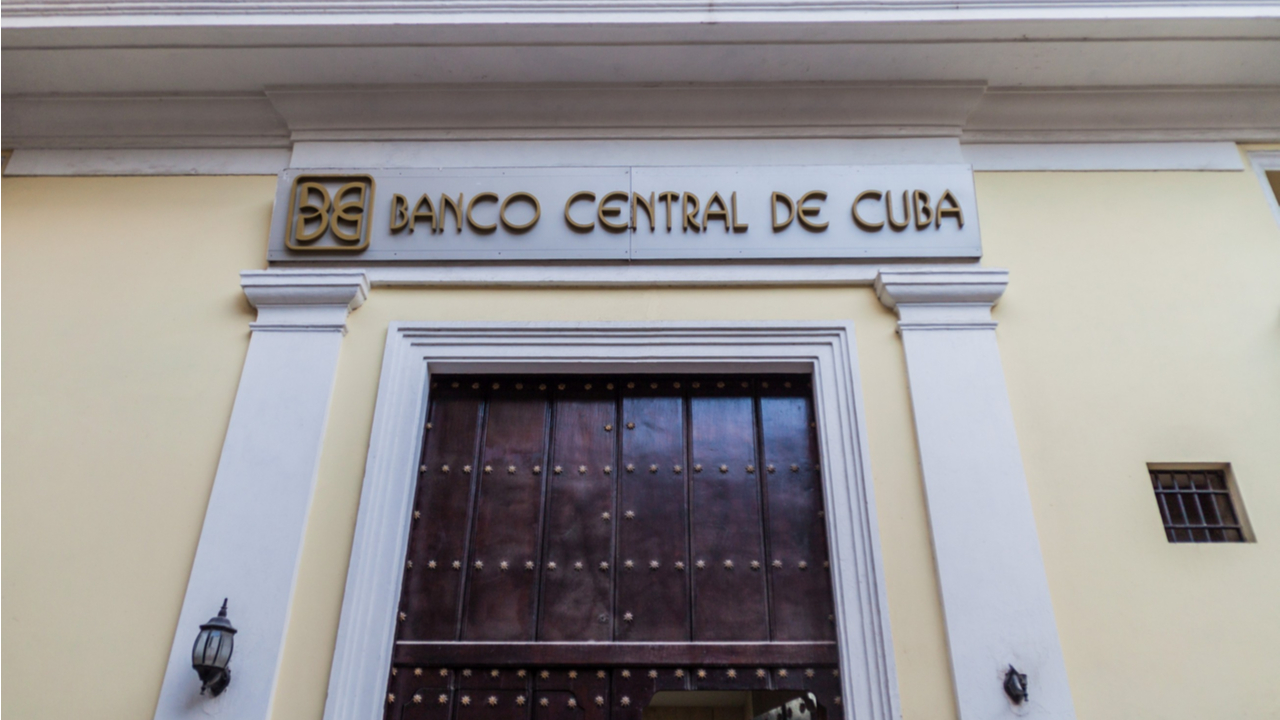
The government department warned virtual asset service providers and other financial institutions to “identify and report suspicious transactions” related to terrorist groups.
The United States Treasury Department’s Financial Crimes Enforcement Network, or FinCEN, issued an alert for financial institutions as part of efforts to identify “suspicious activity” related to funding terrorist groups.
In an Oct. 20 notice, FinCEN said that the militant group Hamas — behind the Oct. 7 attack on Israel — employed “fundraising campaigns involving virtual currency and fictitious charities raising both fiat and virtual currency” to fund its activities. The government department warned virtual asset service providers and other institutions to “identify and report suspicious transactions” potentially connected to Hamas.
Specifically, FinCEN cautioned financial institutions to be wary of clients who have conducted transactions with a business in a jurisdiction associated with Hamas, entities already on the Office of Foreign Assets Control’s list of Specially Designated Nationals, and those that solicit crypto donations on social media. The announcement came less than 24 hours after the government department proposed designating crypto mixing as an area of “primary money laundering concern” related to terrorism.
Today, Treasury’s Financial Crimes Enforcement Network announced a proposed rule to increase transparency around international Convertible Virtual Currency Mixing to combat its use by malicious actors including Hamas, Palestinian Islamic Jihad, & the DPRK. https://t.co/1atRjZnjwo
— Treasury Department (@USTreasury) October 19, 2023
Related: Crypto Aid Israel raises $185K in 10 days, distributes aid to 4 organizations
FinCEN’s alert followed concerns about crypto voiced by U.S. lawmakers in the wake of Hamas’ attack on Israel. On Oct. 17, more than 100 members of Congress called on the administration of U.S. President Joe Biden to “swiftly and categorically act to meaningfully curtail illicit crypto activity.” U.S. Treasury officials also added a Gaza-based crypto operator allegedly tied to Hamas to its list of sanctioned entities.
In March 2022, FinCEN issued a similar warning to financial institutions over Russian entities’ attempts to evade sanctions using crypto. The notice came days after the Russian military invaded Ukraine in February 2022.
Magazine: US enforcement agencies are turning up the heat on crypto-related crime











